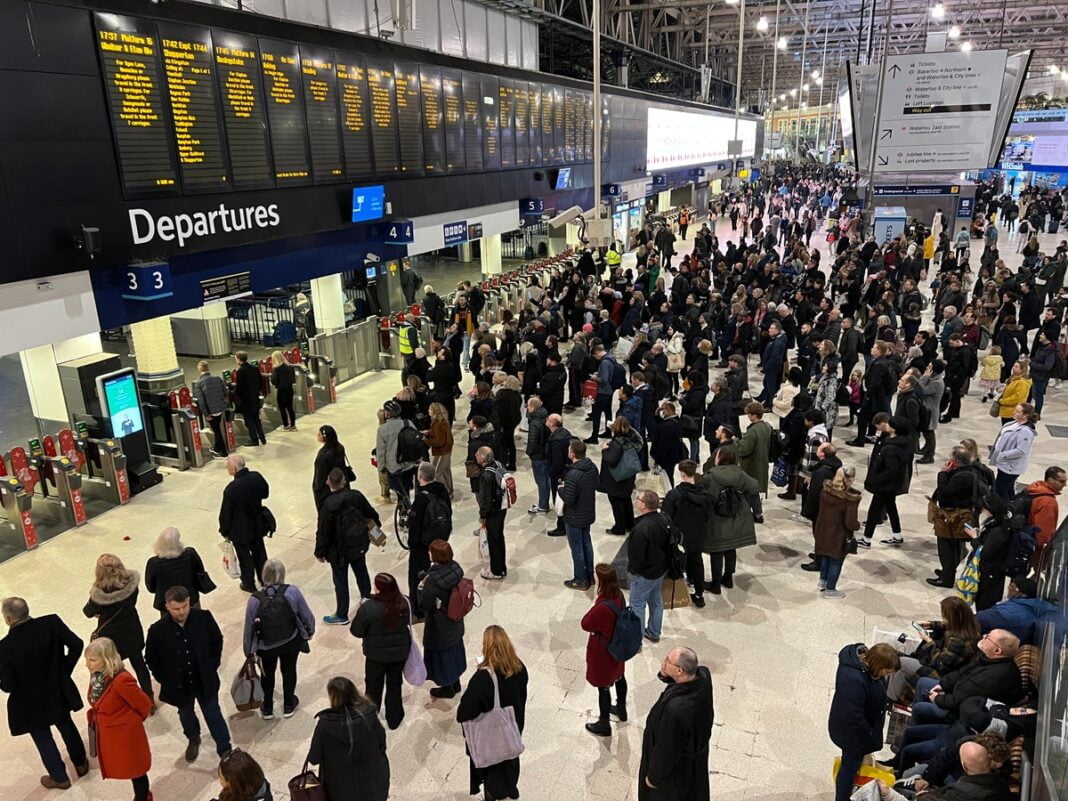The Daily Observer London Desk: Reporter- Sarah Marshal
Rail passengers in England and Wales face the biggest increase in fares for 11 years from Sunday 5 March.
The government has raised so-called “regulated” ticket prices by 5.9 per cent – and says it is protecting passengers from the full effects of inflation. But the increase comes just days after figures showed record unreliability on the railways. So what will it mean for travellers – and how can you save money?
These are the key questions and answers.
A snapshot of what the increases mean?
Rush-hour journeys on routes such as Manchester to Leeds and Bristol to Cardiff will rise by more than £1 one way.
Passengers on the key commuter line from Winchester to London Waterloo will pay an extra £2.50.
The painfully expensive 14-minute, 24-mile hop between Swindon and Didcot Parkway rises from £28 to an astonishing £29.70.
And a season ticket between Brighton and London increases by over £300, to over £5,600.
These are all “regulated” fares controlled by the government. In this context, “regulated” covers a range of fares that you can buy at any booking office a few minutes before travel: season tickets, journeys in and out of major cities, and longer-distance off-peak fares.
What about fares that aren’t regulated?
Many of those have increased by roughly the same amount – so the Anytime fare from Manchester to London has risen by over £10 to £195.60. But crucially, there’s no general increase to Advance fares, because those are priced at whatever train firms think is the right level to generate the most revenue.
These are increasingly popular, especially as they can often be bought on your smartphone a few minutes before departure.
In Scotland, fares are frozen until the end of March at least – with a six-month experiment coming soon that will see peak fares axed and everyone, including commuters, paying less for travel during the rush hour.
How can people save on the railways?
- The more flexible you are with the time of day, the less you will pay. Between Birmingham and Derby, for example, there are loads of £9 one-way tickets – but only on services outside the rush hour, during which the price is typically doubled.
- Railcards can pay for themselves in a single long journey, by saving a third on the ticket price – and you can get them for being under 31 or over 59, while those in between can get a “Two Together” or “Family and Friends” railcard.
- Take advantage of anomalies in the fares system by “splitting tickets”. Between London Paddington and Bristol Temple Meads, for example, you can legally and easily save money with the “Didcot Dodge” – buy one ticket to the Oxfordshire station and another from there.
Splitting tickets, so long as the train stops at the station, is an excellent way to save cash. There are many apps that will offer savings – and LNER, which connects London King’s Cross with Yorkshire, northeast England and Scotland, actually does the splitting for you if you use its app.



